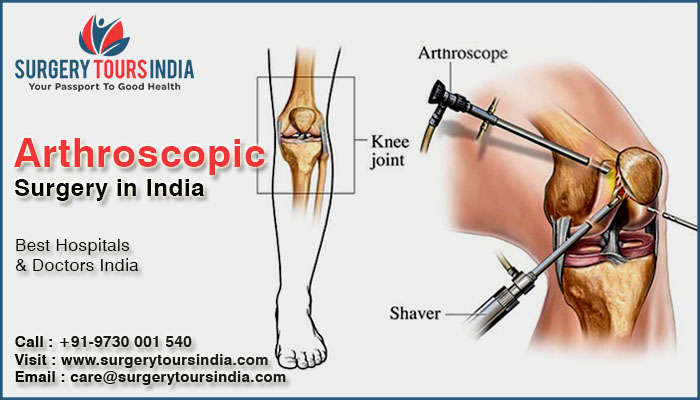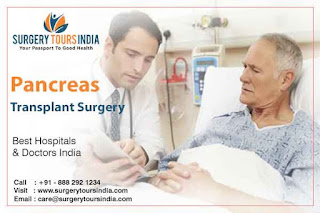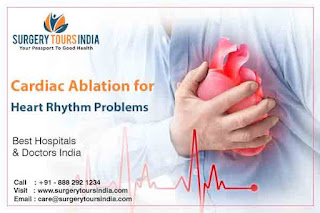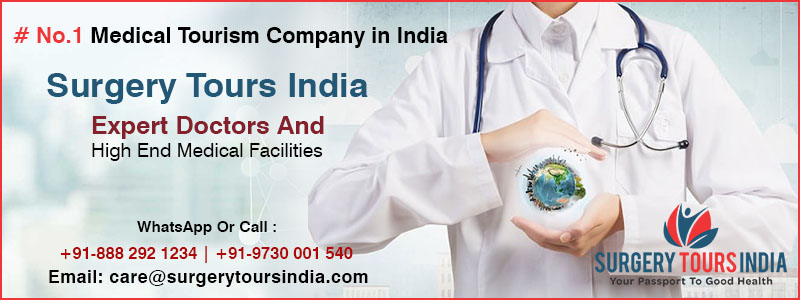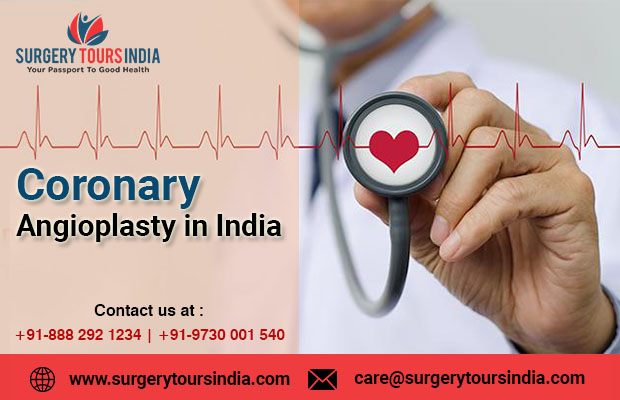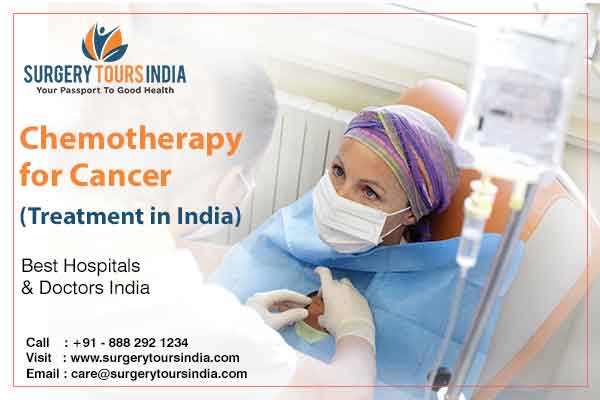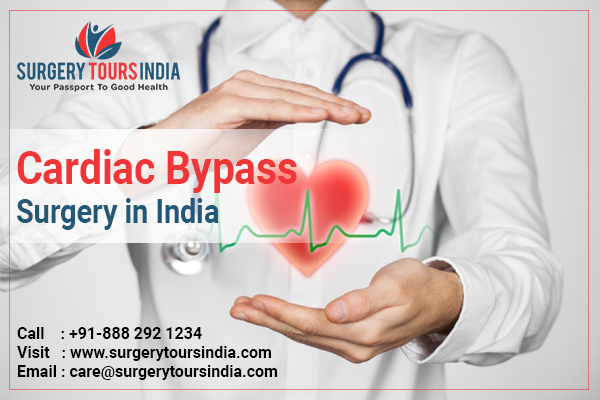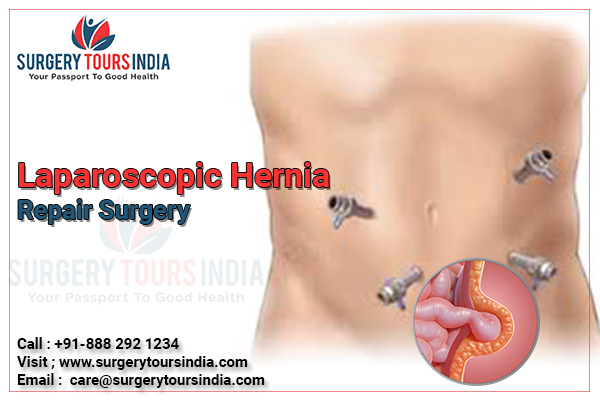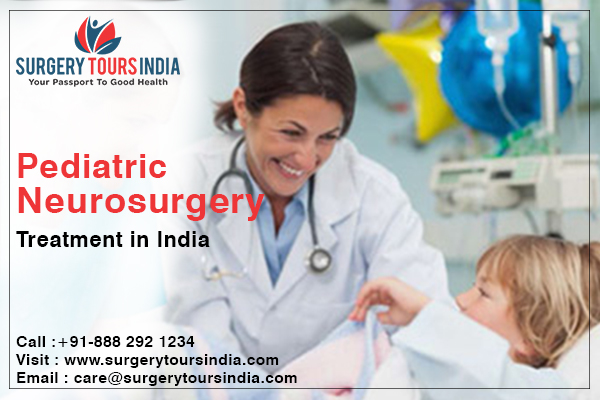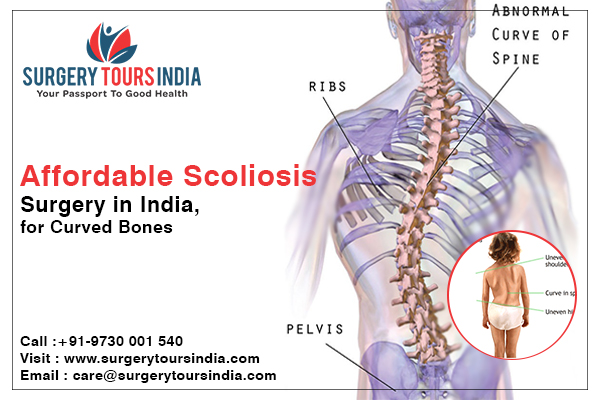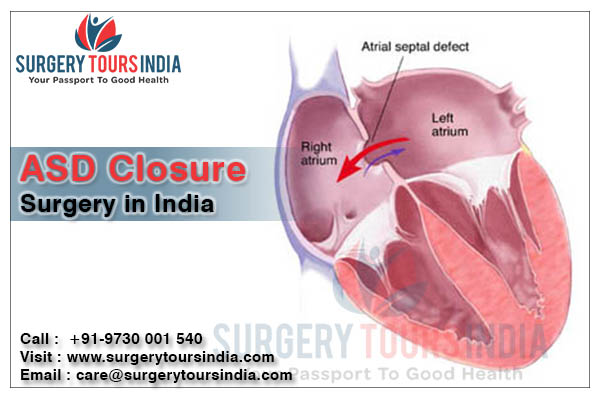Surgery Tours India
August 03, 2019
Arthroscopic Surgery in India,Cost Arthroscopy Surgery India
What is Arthroscopy?
Arthroscopic surgery (also known as keyhole surgery) is that procedure where the doctor looks inside a joint in your body through a thin viewing instrument, called an arthroscope. He examines joint surfaces and surrounding soft tissues, ligaments, cartilage and then provides a cushion between the bones. This process is used in the diagnoses of a joint problem, and then perform surgery for repairing any joint problem, removing a loose or foreign body, or for monitoring a disease or the end result of any treatment. It is performed on shoulder, elbow, knee, wrist, hip and ankle.
During the process, arthroscope with attached light source and a video camera is inserted into the joint through an incision made in the skin. The images can be seen on the monitor which give a proper view of the condition of the patient's joints. When surgery is performed, more instruments are inserted into the joints through smaller incisions.
Arthroscopy Why it's done - Tests and Procedures
Arthroscopy is done in following cases:
- For evaluating and diagnosing problem in a joint problem other diagnostic tests do not prove to be helpful
- For performing surgery to repair a joint problem that includes the following :
- Repairing or trimming soft tissues
- Damaged or torn cartilage
- Cutting, repairing or reconstructing ligaments
- Removal of calcium deposit from bone tissue
- Removal of an inflamed scar tissue of joint lining
- Collecting samples of joint fluid
Types Of Arthroscopy
- Knee - The doctor looks inside the patient's knee to find out what exactly is causing the problem and what the problem actually is. Whether there is a tear of one of the cartilages or whether one of the ligaments within the knee joint is torn. Another reason may be a loose piece of bone in the knee joint or there might arthritis in part of the knee. After diagnosis, the surgery is done
- Shoulder - The doctor looks inside the patient's shoulder to diagnose the exact problem and its cause. There can be a number of problems for which surgery can be required such as in some people, the shoulder might be coming out of the joint. In others, the condition of the tendons above the shoulder joint has to be seen.
- Wrist - In wrist arthroscopy, the surgeon diagnoses and treats various problems related to the patient's wrist with the help of a number of extremely small incisions. According to statistics, during the last 5 years, wrist has become the third most common joint to undergo arthroscopy, after knee and shoulder. Since the incisions are smaller, the pain, swelling and stiffness are also reduced with quicker recovery.
- Elbow - In elbow arthroscopy, the surgeon inserts arthroscope (with an attached camera), into the patient's elbow joint. The camera shows the pictures on the TV monitor and the surgeon uses these pictures for guiding his surgical instruments. He makes small cuts in the elbow makes the pain and swelling less but recover faster.
- Hip - In hip arthroscopy, the surgeon performs his task by making small incisions that are around 1 cm each, using a camera so that he can look inside the hip joint. This process is much less invasive than the other traditional procedures.
You May Also Like:
Pancreas Transplant Surgery in India:
A pancreas transplant is a surgical procedure that is used to replace, mostly, a type 1 diabetic person's pancreas with healthy pancreas harvested from a donor.

Liver Cancer Treatment in India:
The liver is one of the most important organs of the body as it is responsible for filtering the blood continuously for converting nutrients into necessary chemicals that are required by

Cardiac Ablation for Heart Rhythm Problems:
A healthy heart is a key to live a quality life. Arrhythmia has turned out to be a common cause of concern these days. 'Arrhythmia' is a scientific term that is used to describe heart

For more information please contact us at
Email: care@surgerytoursindia.com
Phone: +91-888 292 1234 / +91-9730 001 540

